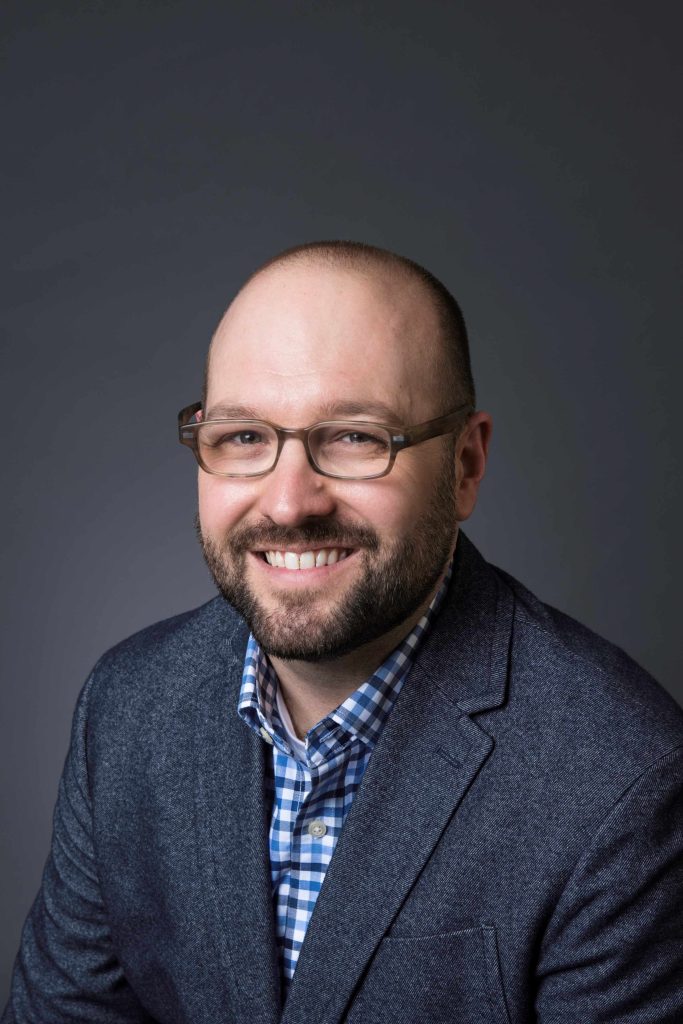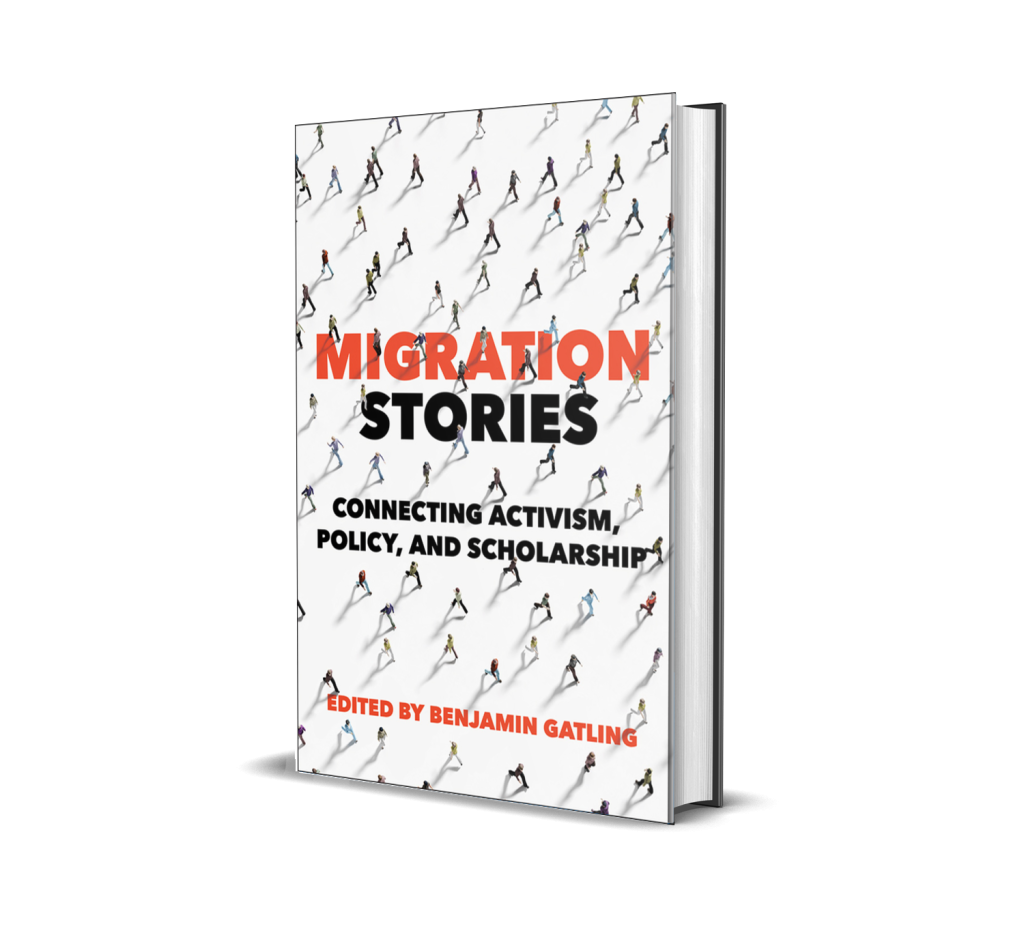Benjamin Gatling, editor of Migration Stories: Connecting Activism, Policy, and Scholarship, answers questions about his new book.
Q: Why did you decide to write this book?
I detail some of this in the book’s afterword. My inspiration out of a presentation that I heard at George Mason University’s Institute for Immigration Research in May 2019. The presentation was by Ali Noorani, then Executive Director of the National Immigration Forum. Noorani spoke that day about strategies for effectively communicating about immigrants and immigration based on ideas from his book There Goes the Neighborhood. He dedicated special attention to talking about how stories are part of what allows immigrant rights advocates to communicate immigrants’ shared humanity with skeptical, and even hostile, cultural conservatives living in rural regions of the US whose daily lives don’t often intersect with those of migrants and refugees. It is also difficult for me to separate this book from the climate of fear that the Trump administration cultivated around immigration issues around the time that I began writing. I think Noorani’s words were especially moving to me at the time because of how they offered potential points of action scholars could follow in response to larger climates of nativism, white nationalism, and rampant racism.
Q: What is the most interesting discovery you made while researching and writing your book?
Since this is an edited collection, there wasn’t a great deal of personal research and discovery. If anything, I’ve been amazed at how vast, multidisciplinary, wide-ranging, etc. scholarship on narrative is.
Q: What myths do you hope your book will dispel or what do you hope your book will help readers unlearn?
I hope that readers will see the value of cross-disciplinary dialogue. Folklorists, anthropologists, sociologists, political scientists, etc. have a lot to learn from policy professionals and activists and vice versa. Scholars give a great deal of lip service to that idea, but I think the book helps readers see what it looks like to actually have that conversation.
Q: Which part of the publishing process did you find the most interesting?
Projects like this allow to you collaborate with professionals from a variety of fields. I don’t get the chance to do that in most of my work.
Q: What is your advice to scholars/authors who want to take on a similar project?
Build your network. Cast your net widely for funding.
Q: What do you like to read/watch/or listen to for fun?
Politics podcasts, music podcasts (especially old-time, bluegrass, and country music), and popular history books.

Benjamin Gatling is an associate professor of English at George Mason University. He is the author of Expressions of Sufi Culture in Tajikistan.

